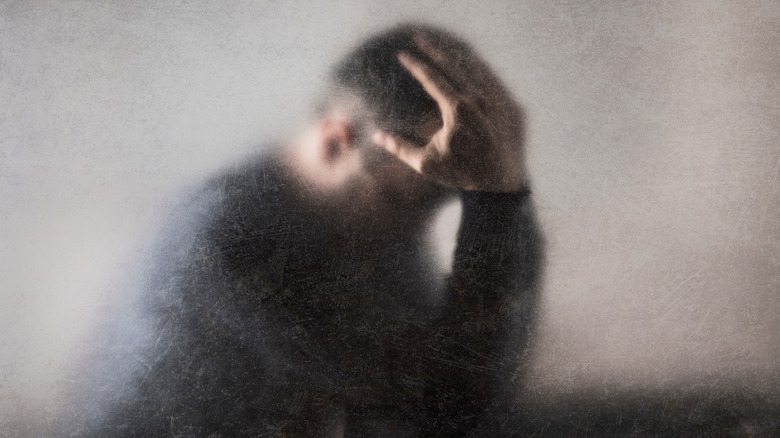Nearly 800,000 Americans suffer from a stroke every year, according to the Centers for Disease Control and Prevention. The numbers are staggering, with someone in the United States experiencing a stroke every 40 seconds. It’s an extremely serious and potentially fatal medical emergency that ranks as the 5th leading cause of death in the country, and the number one cause of disability (via American Stroke Association).
Stroke is a disease that occurs when the brain’s blood supply is blocked, or when a blood vessel in the brain bursts, per the American Stroke Association. A stroke can cause long-term brain damage, disability, and death, but up to 80% of stroke events can be prevented.
Recognizing stroke symptoms is critical in identifying and treating a stroke patient. Signs of a stroke can include slurred speech, droopiness or numbness in the face and limbs, blurred vision, headaches, and trouble walking (per Mayo Clinic). It’s important to immediately seek medical attention in the event of a stroke. Every moment counts in order to prevent a serious or deadly outcome.
Doctors say what often follows a stroke is depression, due to biochemical changes in the brain (via American Stroke Association). A person who’s suffered a stroke may also enter a depressive episode in the aftermath of the life-altering event. Depression has been observed in post-stroke patients, but new research suggests there may be evidence depression precedes stroke as well, signaling another stroke warning sign (via Health Day).
Can depression be a sign of stroke?

In a newly published study out of Germany, researchers suggest that depression can often occur before a person suffers from a stroke (U.S. News and World Report). The study involved more than 10,000 adults with no history of stroke. Over the course of 12 years, more than 400 participants reportedly had a stroke.
Those patients were then compared to more than 4,000 people with similar backgrounds who did not have a stroke. Study participants were surveyed every two years for signs of depression. They were asked about feelings of loneliness, sadness, trouble sleeping and difficulty accomplishing tasks.
Survey results revealed that depression symptoms often presented in a person before their stroke, and became worse following the stroke event.
“Depression is among the most pressing problems in people who have had a stroke and it is so common it is referred to as post-stroke depression,” says Maria Blöchl, the study author from the University of Münster in Germany.
“But our study found depressive symptoms not only markedly increase after stroke, it found people already had developed some depressive symptoms before the stroke even occurred.”
Blöchl says more research is needed to understand exactly why depression symptoms occur before a stroke.




